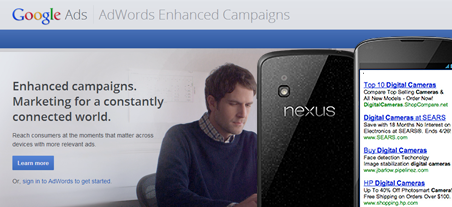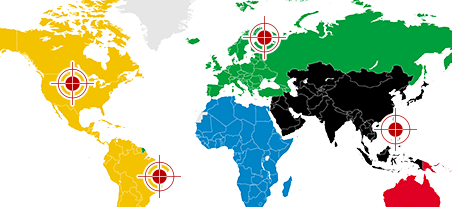Most online advertisers would be extremely familiar with the term ‘negative keywords’, because these are the words they are on the watch to help them filter out unwanted traffic to their site. This especially holds true for advertisers running PPC or pay per click ads.
Negative keywords are keyword or keyword phrases that are deemed by search engines to be associated or related with your ads but which are not. By keeping a list of negative keywords, you can keep your ad from showing up in unrelated searches which has no value in terms of traffic. With the negative keyword list, you are able to specify to search engines on what words are not related or associated with your ads and therefore should not activate your site if those words are generated by a search query.
PPC advertisers should use negative keywords if :
There are zero and expensive conversions
There is a limited advertising budget allocation
There is an experience on bad brand association
The PPC costs are to be lowered
The traffic to the ad is sought to improve
A good illustration would be an advertiser selling high-end perfume for women. Without the negative keywords, your ad may show up when a search query on ‘cheap perfume’ or ‘imitation perfume’ is generated by the search engine. By adding the keywords ‘cheap’ and ‘imitation’ as negative keywords, you are not allowing your ad to be included in any search result related to those negative keywords.
The Importance of Building Your Negative Keywords
Building your own negative keyword list will prove beneficial in all your advertising campaigns. An effective use of negative keyword will result to:
- Improved click-through rate or CTR
This is the percentage of searchers who viewed and click your ads. Essentially, with a high CTR, your ad will have increased bounce rate, conversion and relevancy rates.
- Improved conversion rate
This is the percentage of searchers who clicked your ad and converted. With a high conversion rate, your ads will have increased qualified leads and profit. The cost per conversion is reduced.
This is the quality rating which affects the amount you pay for the ads. A high quality score will give your ads an increase in ad position and a lower maximum cost per click or CPC.
There are many ways one can develop or build a negative keyword list. There are keyword tools with built-in negative keyword tool. There are website analytic tools which can be checked against keywords used to find your site. PPC campaign reports will also be able to help with the words or keywords that triggered the ads.
A search query report from AdWord and AdCenter will be a good way to start with your negative keyword list. Reports of actually searched queries will be generated by both AdWord and AdCenter. The list will give you an idea on performance metrics for the keywords such as CTR, CPC and conversion rates. Pulling search query reports like these on a monthly, or maybe more frequently than that, will keep you updated of the keywords that should be added to your negative keyword list.
Keep in mind though that over-use of negative keywords may also work the other way, that is, it might cause your ads to reach fewer destinations. Hence, it is important that careful analysis of the negative keywords on how they will impact the ads, be made before adding them to the final negative keyword list.



Here’s a question you should be asking yourself about your PPC: Are the correct negatives being added to your account based on empirical analysis, and are precautions being made to make sure these negatives do not conflict with active keywords? As in, are you blocking the bad traffic with negative keywords based on real data? If not, consider what that’s probably costing you in wasted ad spend. Just note that you don’t want to throw in just any variation of keywords into the negative space because you don’t want to create conflicts with the good working keywords. I had Simon help me out with this before. I’m sure he’d be willing to talk to you too if you just give him a ring at 240-455-3886 and tell him you need some help with your PPC campaigns.